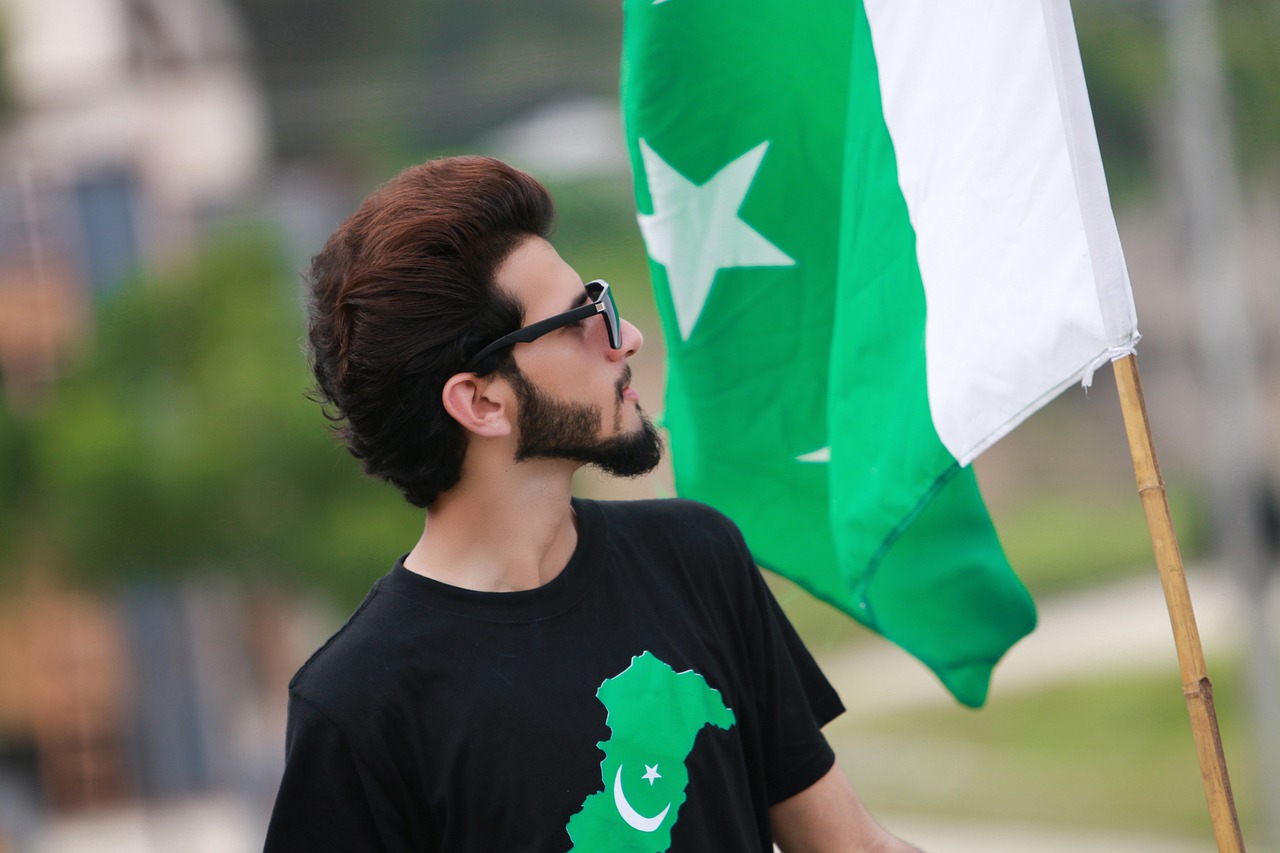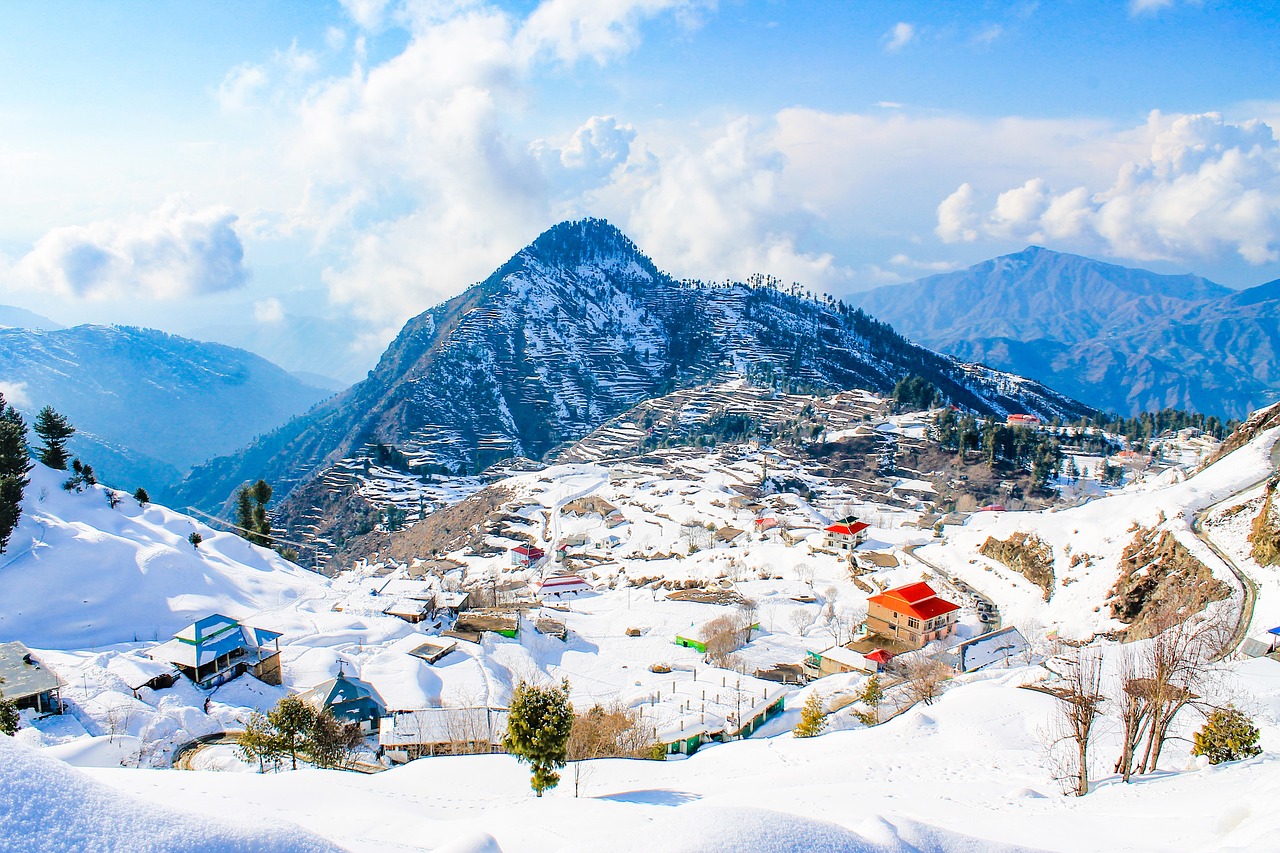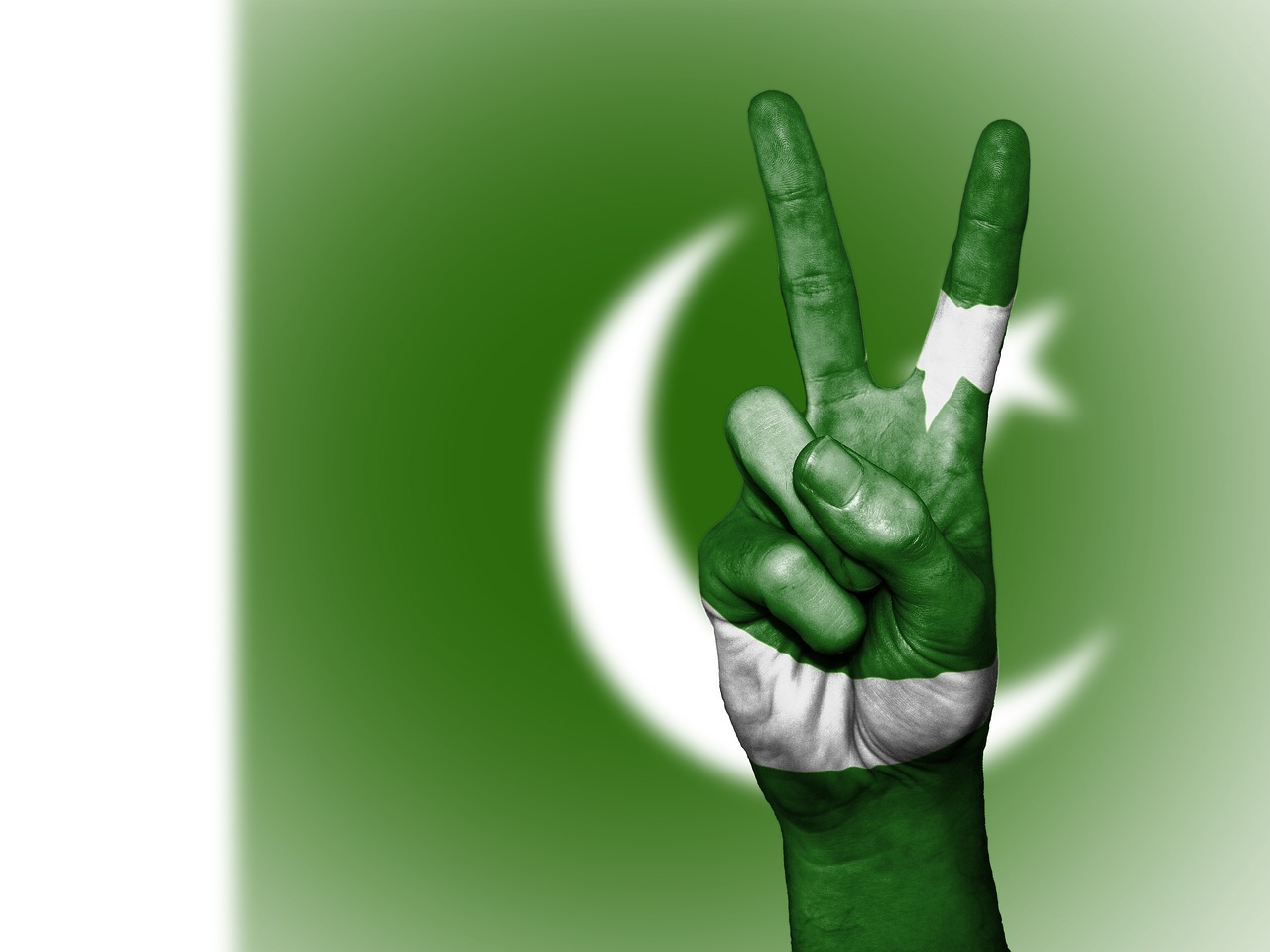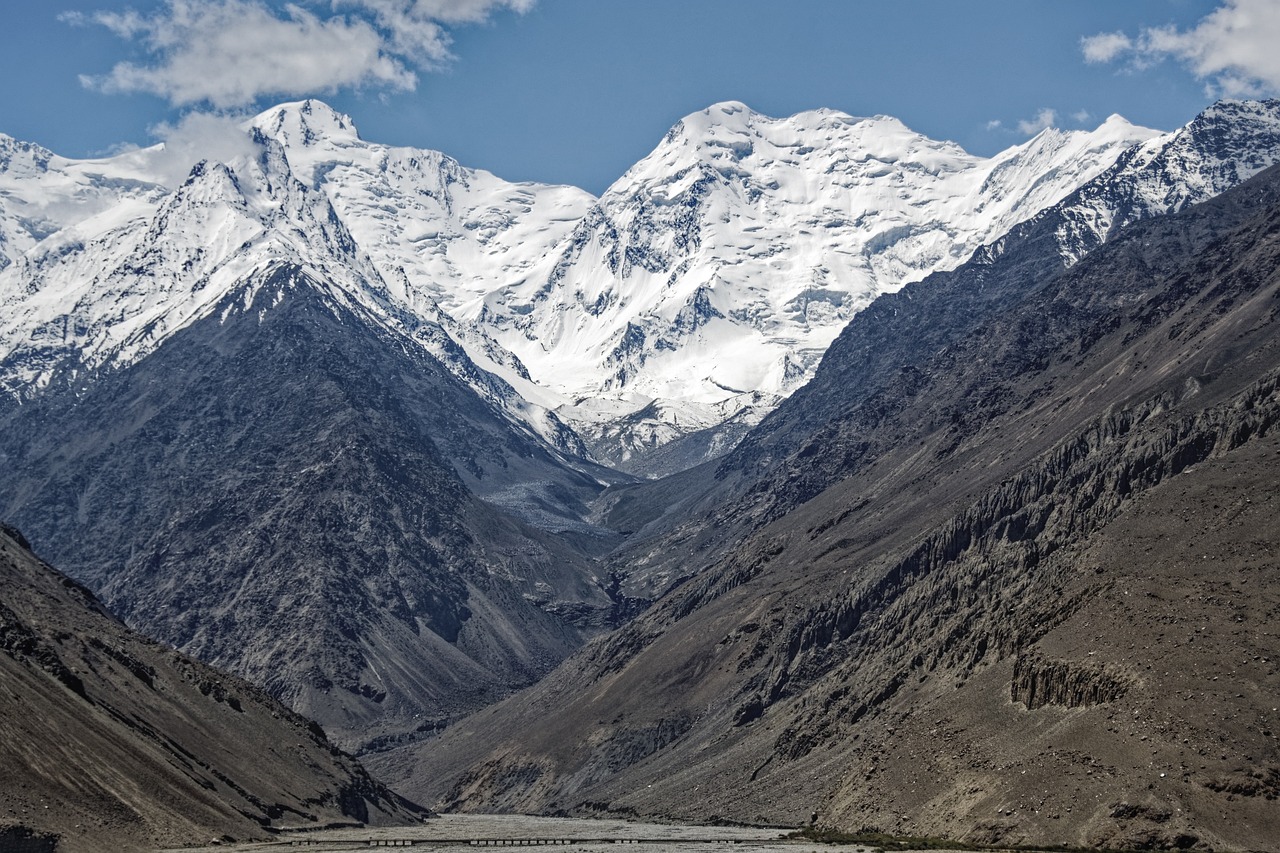Cost of Living in Pakistan: A Detailed Breakdown for Digital Nomads
Pakistan is a vibrant country in South Asia known for its rich culture, historical sites, and warm hospitality. For digital nomads considering Pakistan as their next destination, understanding the cost of living is crucial for planning their budget. This article provides a detailed breakdown of the cost of living in Pakistan, covering various aspects such as accommodation, transportation, food, entertainment, and more.
Accommodation
- Rent: The average monthly rent for a one-bedroom apartment in major cities like Karachi, Lahore, or Islamabad ranges from $150 to $300. However, prices may vary depending on the location, size, and amenities.
- Guesthouses: For shorter stays, guesthouses are a popular option. Prices range from $10 to $50 per night, depending on the location and facilities provided.
- Hotels: Upscale hotels in major cities can cost anywhere from $50 to $200 per night, depending on the hotel’s star rating and location.
Transportation
- Taxis: Taxis are a convenient mode of transportation within cities. The average fare for a short ride is around $3, while longer trips can cost up to $10.
- Rideshares: Services like Uber and Careem are widely available and offer competitive fares. Prices are similar to taxis but may vary depending on the distance and time of day.
- Public Transport: Buses and rickshaws are the most common means of public transportation. Bus fares start at around $0.20, while rickshaw fares range from $0.50 to $1.50, depending on the distance.
Food
- Restaurants: Dining out in Pakistan can be affordable. A meal at a local restaurant can cost between $2 and $5, while a meal at a mid-range restaurant may range from $5 to $15 per person.
- Street Food: Street food is a popular and inexpensive option, with prices averaging around $1 for a snack or small meal.
- Groceries: Cooking at home can help save money. The cost of groceries for a week ranges from $20 to $40, depending on the quantity and quality of items purchased.
Entertainment
- Museums: Entry fees for museums and historical sites are generally affordable, ranging from $1 to $5.
- Malls: Shopping malls offer a wide range of entertainment options, including cinemas, bowling alleys, and arcades. Prices vary, but a movie ticket usually costs around $5.
- Parks and Lakes: Pakistan is blessed with beautiful parks and lakes. Entry to public parks is usually free, while some lakes may have a small entrance fee.
Healthcare
- Hospitals and Clinics: Pakistan has a well-established healthcare system. Consultation fees with a general physician range from $5 to $20, while specialist fees may be higher.
- Medications: The cost of medications varies depending on the type and brand. Generic medications are generally affordable, while branded ones may be more expensive.
- Health Insurance: It is recommended to have comprehensive health insurance when staying in Pakistan. Prices for health insurance plans vary based on coverage and provider.
Utilities
- Electricity: The average monthly electricity bill for a small apartment is around $30 to $50, depending on usage.
- Water: The cost of water is relatively low, with an average monthly bill ranging from $5 to $10.
- Internet: High-speed internet is widely available and affordable. Monthly internet packages start at around $15, depending on the speed and data limit.
Image 1: Pakistan

Educational Institutions
- Universities: Pakistan has numerous universities offering a variety of programs. Tuition fees vary depending on the institution and program but can range from $1,000 to $5,000 per year.
- Schools: International schools in major cities may have higher fees, ranging from $2,000 to $10,000 per year. However, local schools are more affordable, with fees starting from $200 per year.
- Language Centers: Learning Urdu or regional languages is a great way to immerse yourself in the culture. Language courses can cost between $100 and $500, depending on the duration and level of instruction.
Culture and Festivals
- Islamic Culture: Pakistan is predominantly a Muslim country, and Islamic traditions and customs are deeply ingrained in the culture. Visitors are encouraged to respect local customs and dress modestly.
- Festivals: Pakistan celebrates various cultural and religious festivals throughout the year. Some popular festivals include Eid-ul-Fitr, Eid-ul-Adha, and Basant. Festivals offer a unique opportunity to experience the vibrant traditions of Pakistan.
- Music and Dance: Pakistani music and dance forms, such as Qawwali, Ghazal, and Bhangra, are renowned worldwide. Attending music concerts and dance performances is a great way to appreciate the rich heritage of Pakistan.
Image 2: Pakistan

Security and Safety
- Travel Advisory: Before visiting Pakistan, it is advisable to check the travel advisory issued by your country’s government. While most areas are safe for tourists, certain regions may have travel restrictions due to security concerns.
- Personal Safety: Like any other country, it is important to take basic precautions to ensure personal safety. Avoid isolated areas at night, be cautious of your surroundings, and follow local advice.
- Emergency Services: Pakistan has emergency services such as police, ambulance, and fire brigade. The emergency contact number is 15.
Conclusion
Pakistan offers a unique blend of affordability, cultural richness, and natural beauty for digital nomads. The cost of living, including accommodation, transportation, food, entertainment, and healthcare, is relatively low compared to many other countries. With proper planning and budgeting, digital nomads can enjoy a fulfilling and cost-effective stay in Pakistan.
Image 3: Pakistan

References
- worldbank.org
- numbeo.com
- pakistantourism.gov.pk
- pakistan.gov.pk
- health.gov.pk

